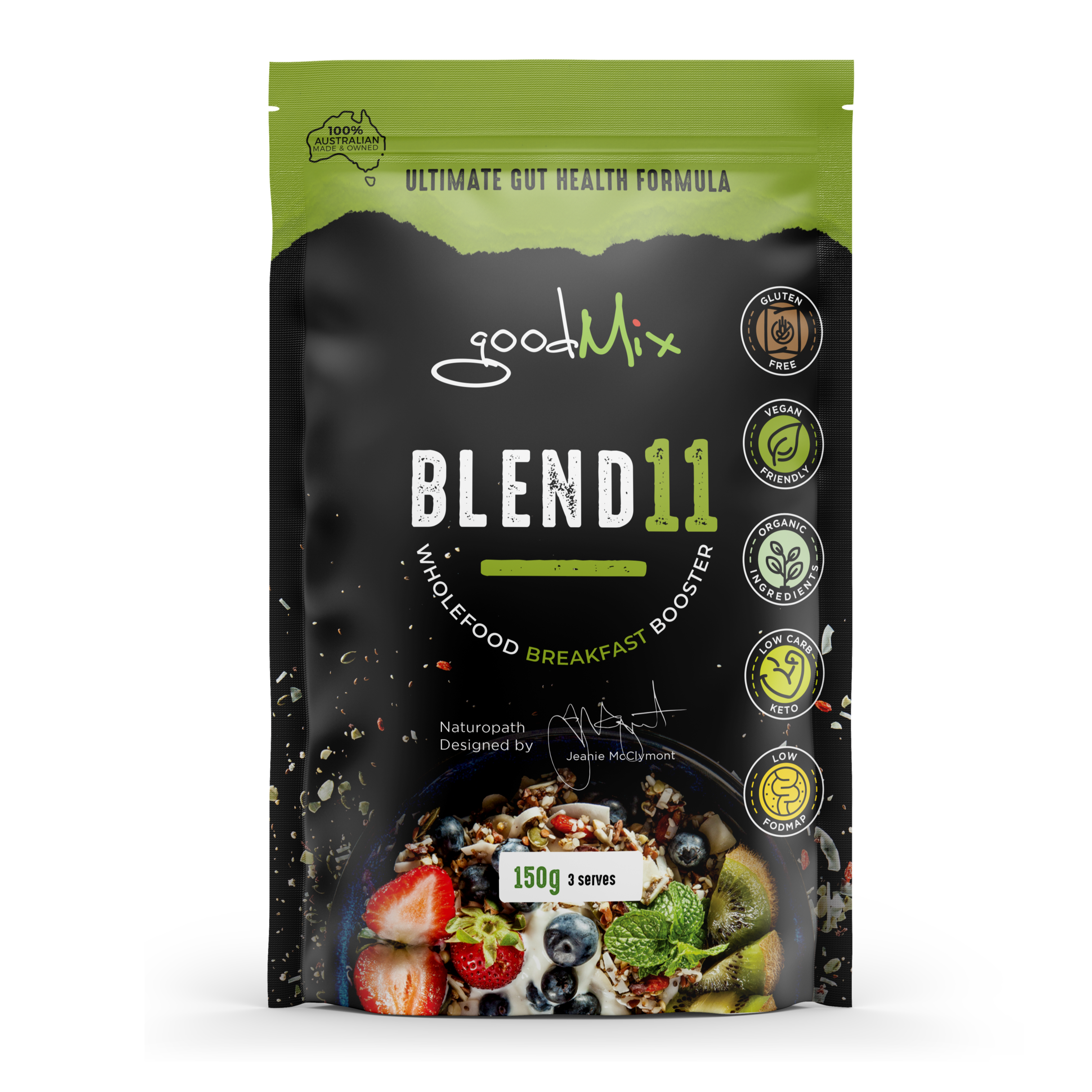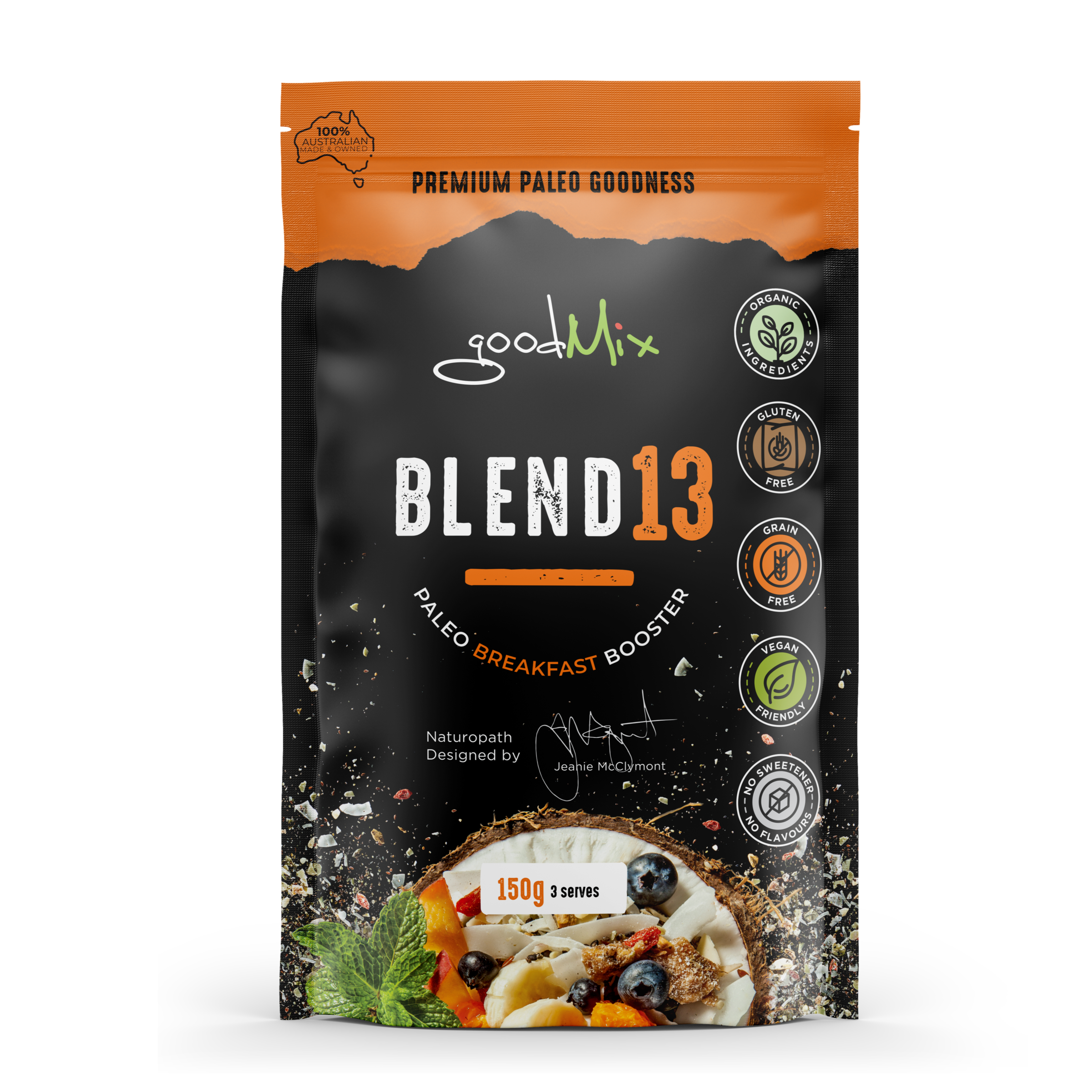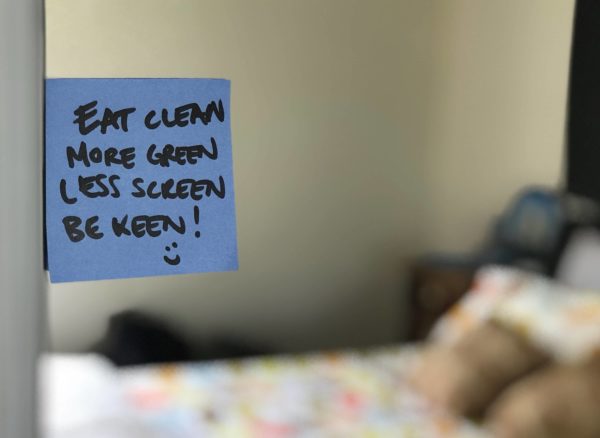
Seven things to avoid for good gut health
Let’s face it - we’ve seriously messed our collective gut health up over the last 50 years - excessive use of antibiotics & other medications, chemicals in our food, overconsumption of refined & junky ‘food’, lack of exposure to environmental microbes, high stress levels, huge rates of caesarean births and not enough breastfeeding…no wonder we’re all such a mess!! So whilst the damage is already done, there are a few things we can do to avoid making things worse - & maybe even improve the situation! If you’re trying to get your dysfunctional & unhappy gut back to some kind of balance - here are 7 things NOT to do (& what to do instead) for good gut health.




